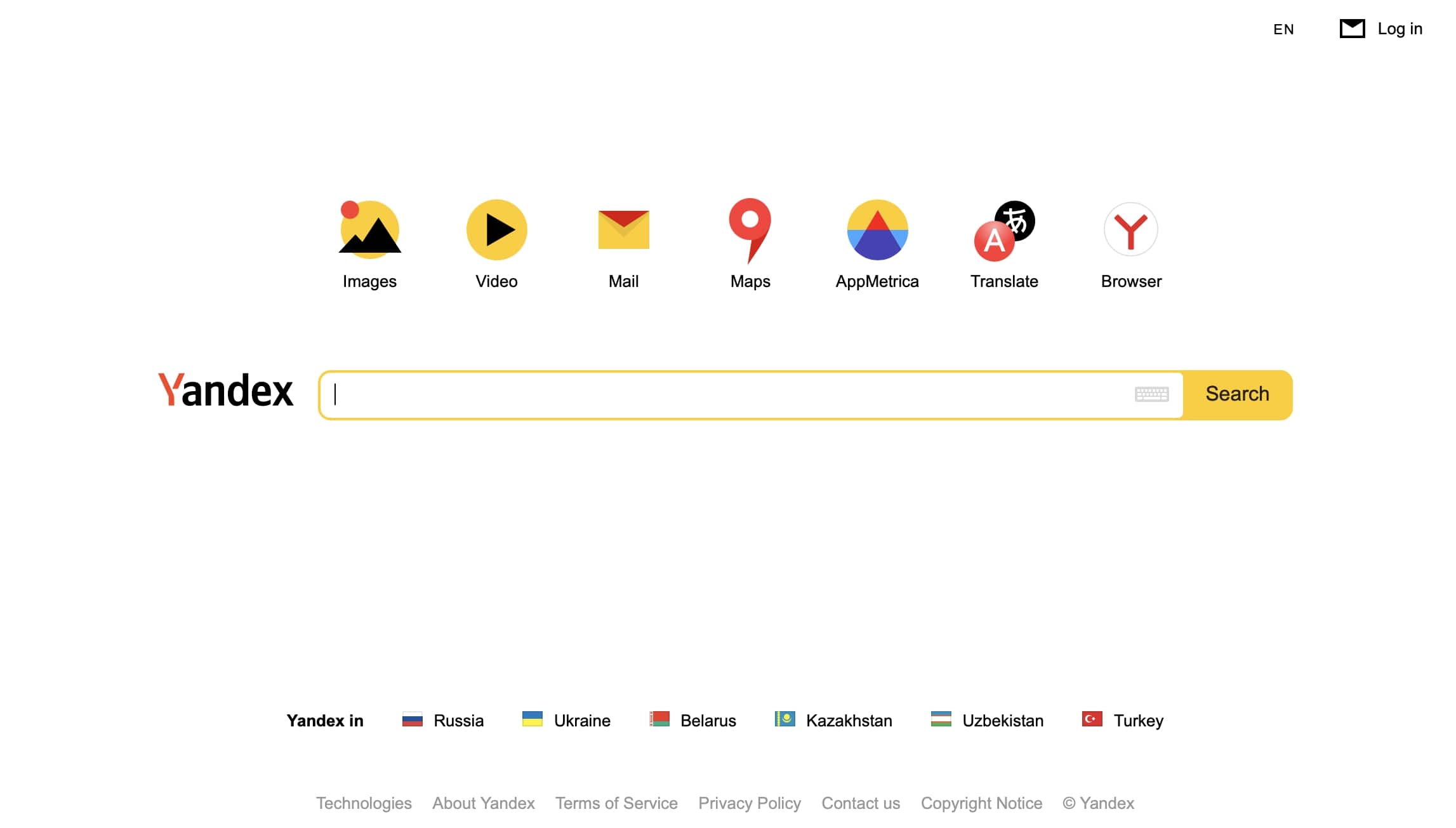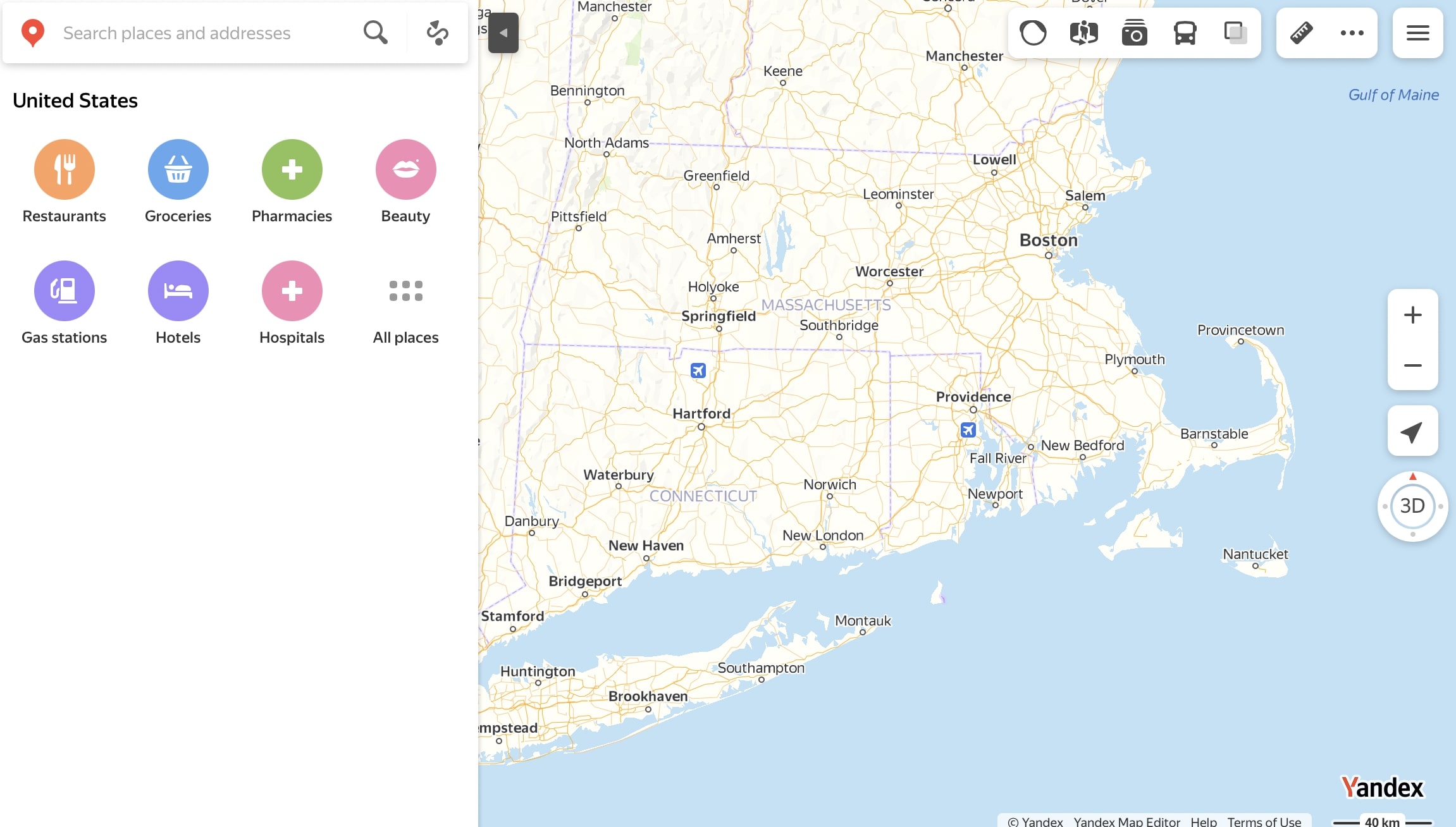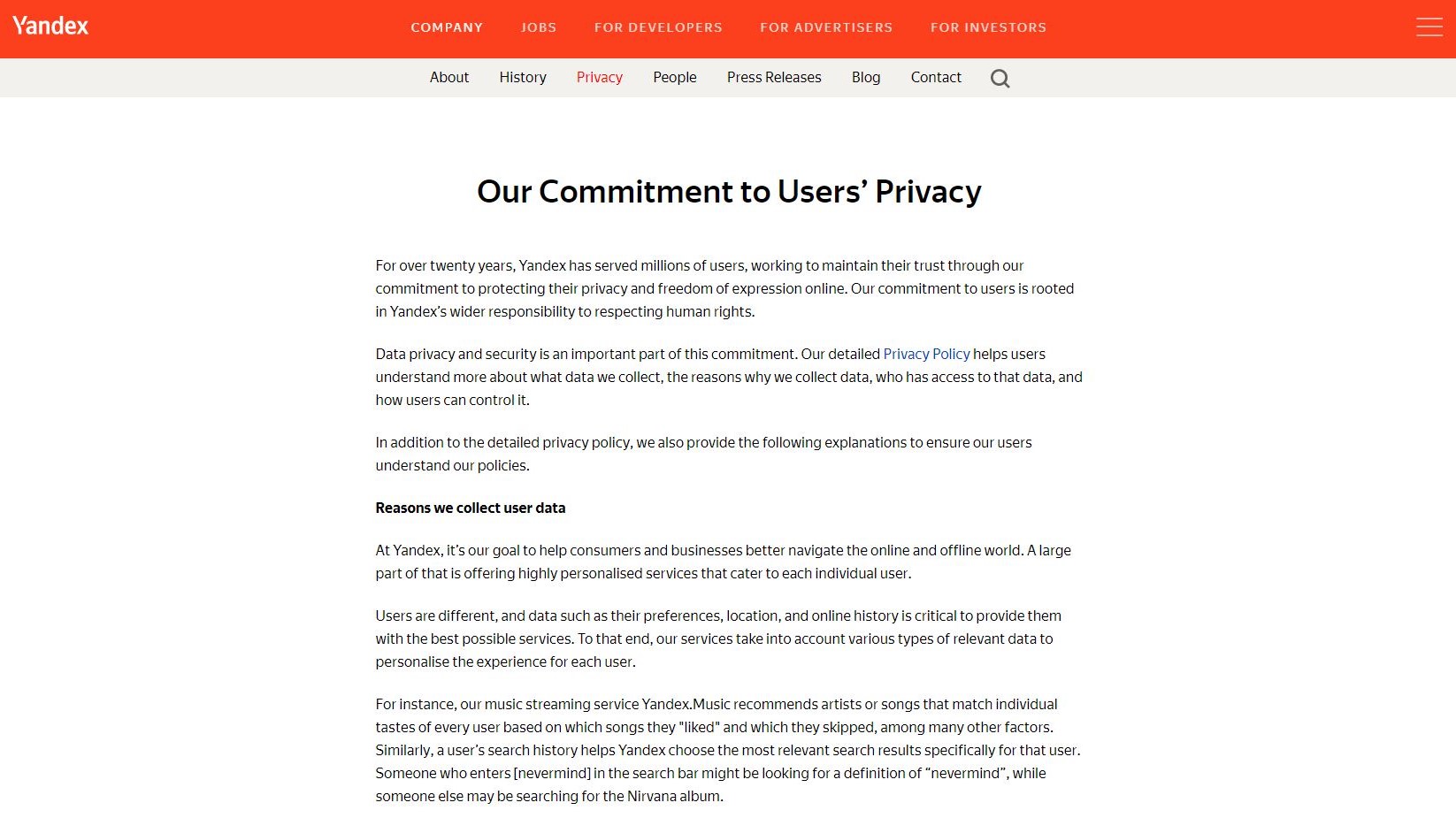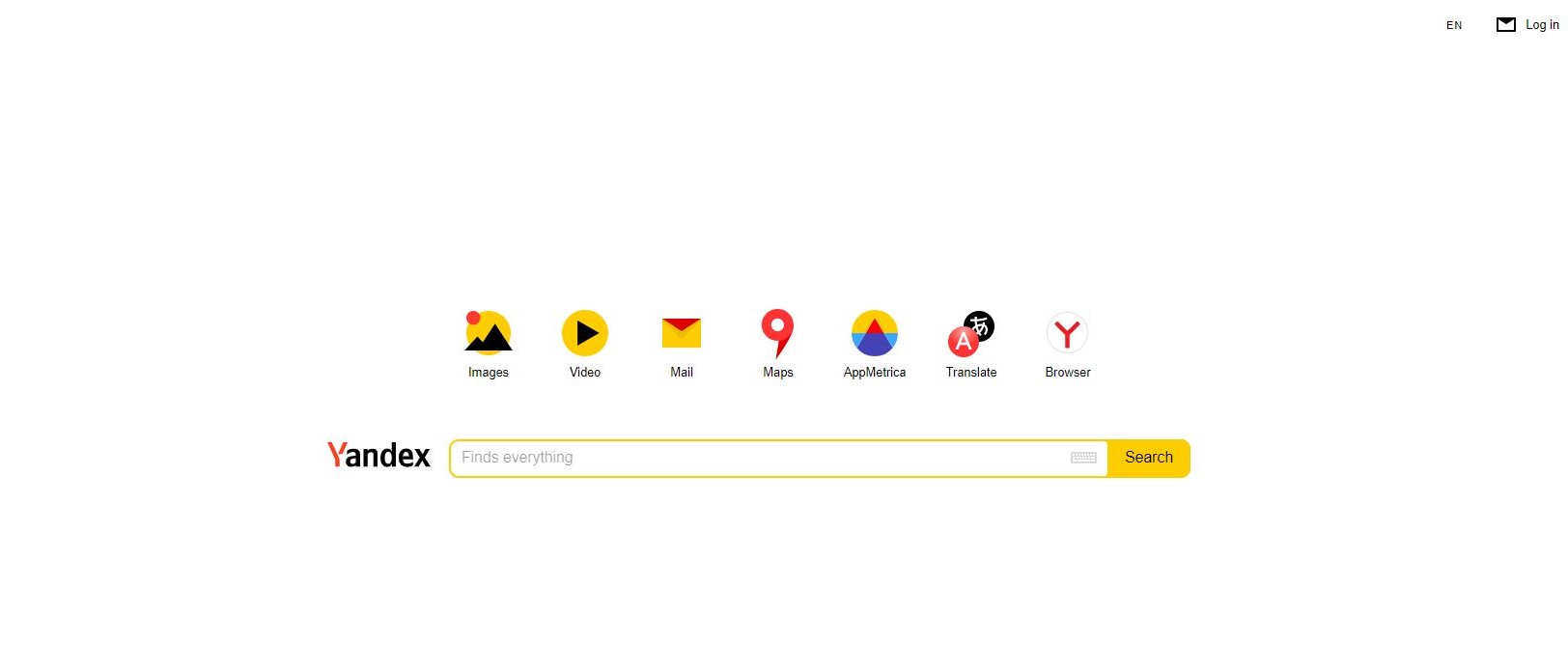TechRadar Verdict
Yandex offers a search engine experience close to that of Google and Bing, but like its two major competitors, the company’s user-data practices are less than desirable.
Pros
- +
Immediate search results
- +
Customizable layout
- +
Access to an expanded suite of Yandex services
- +
Familiar to those used to Google or Bing
Cons
- -
Yandex tracks user data
- -
Non-English search results from time to time
Why you can trust TechRadar
When we think of search engines, some of the first services that come to mind are likely Google Search and Bing. Then, there are alternative entities like DuckDuckGo and Qwant that prioritize user data and privacy when delivering results. One major search engine that doesn’t receive as much North American attention is Yandex, a Russian-owned engine that is merely one piece of a massive technology conglomerate.
- Interested in Yandex? Check out the website here
The Yandex search engine was launched in 1997 by Arkady Volozh, Arkady Borkovsky, and Ilya Segalovich, and is now recognized as the most-used search engine in Russia, second only to Google.
If you’re considering a new search engine, we gave Yandex a full spin to see how it stacks up to the competition.
- Also check out our roundup of the best browsers
Features
The Yandex home page will be similar to anyone who has used Google or Bing. A search bar for user queries takes up a majority of the landing page. As you type in your query the engine will begin to auto-populate top results that you can click.

Above the search bar, there are tabs for Images, Video, and Maps, all of which can be clicked to filter results by these distinct categories. A Mail tab connects you to Yandex’s free email service while Maps shifts the focus to geographic locations you can search for.

The Maps tab defaults to Europe when first opened but you can search for any location throughout the world.
You can also customize your search by scrolling all the way to the bottom of the results page and clicking Settings. Here you can adjust everything from how filtered your results are to what kinds of ads will be shown when using the search engine.

Privacy
Yandex is quite forthcoming about the fact that they do collect and use your user data. According to the company, it’s to provide the best experience for all users when using Yandex services. Info is collected from the searches you conduct and the various Yandex products you use (Mail, Maps, etc.).
Additionally, Yandex has been subject to several governmental breaches concerning user data and Yandex’s encryption practices.
In a nutshell, running the Yandex search engine in an unprotected fashion may put some of your user data at risk. If you’re running the engine through the Yandex desktop or mobile browser, you can enable Incognito mode to automatically delete your cookies and history when you shut the browser down. Furthermore, we would definitely recommend running one of the best VPNs to mask your device’s IP address when using Yandex.

User experience
We used the Yandex desktop search engine on a 2021 MacBook Pro running MacOS Big Sur version 11.2.3 with Safari as our browser. After running a search, results were delivered almost instantly, with the most relevant sorted to the top. A search for “Tokyo Olympics 2020” resulted in links to official Olympic sites along with a short right-aligned descriptor of the event courtesy of Wikipedia.
As you view results you can filter by Images, Video, and other organizers at the top of the page. Some results are automatically separated into distinct tiers for images, video, and other media as you peruse. At the bottom of the results page, you can navigate to the next page or jump forward or backward by clicking the page numbers. If you wish to compare results to competitive search engines, there are links for both Google and Bing.
We also used the Yandex mobile browser on iOS on an iPhone 12 (also available for Android devices). The app uses the Yandex search engine by default and results were similar to the desktop version.
Similar to the Qwant mobile platform, you can also have multiple results tabs opened at once. A More button also allows you to launch an Incognito search, view your history, and share your results with others.
One minor annoyance for both desktop and mobile versions was that even though we were testing the search engine through the Yandex.com URL, a number of our results were for Russian sites. The frequency of these foreign language results seemed to vary based on the search we conducted.
To be able to use services like Yandex Mail and Yandex Disk (Yandex’s version of Google Drive), you’ll need to register for a Yandex ID. Doing so is as simple as clicking "Registration" at the top of the results page and entering the requested credentials. Conveniently, you can also log into your Yandex account with Facebook, Google, and Twitter for a faster sign-in.
Platforms
Yandex is available for Windows, MacOS, and Linux devices. You can use the search engine on top browsers including Firefox, Chrome, Safari, Internet Explorer, Edge, Opera, Brave, and others.
You can also download Yandex’s mobile browser for iOS and Android devices from the App Store and the Google Play Store.
The competition
Yandex’s main competitors are Google, Bing, Qwant, and Ecosia. While engines like Qwant and Ecosia deliver a more privacy-oriented experience, things like auto-result generation based on previous searches are not as intuitive.
Yandex itself bears more in common with leading search engines like Google and Bing. Most recognizable, these search engines store and analyze user data to deliver more tailor-made results, although the waters get murky when it comes to what other entities these companies are selling your data to, and for what purposes.
Final verdict
Yandex offers a search engine experience similar to that of today’s leading search engines. Performance-wise, results are achieved quickly and are easy to filter. If you’re interested in expanding your Yandex suite, registering for a Yandex ID unlocks additional apps like Yandex Mail and Yandex Disk.
In terms of privacy though, there’s a lot to be desired. While Yandex is transparent about its user data practices, the fine print isn’t exactly reassuring. When web security is a top concern, opting for a privacy-focused search engine is always your best bet.
- We've also featured the best people search finder services and engines
